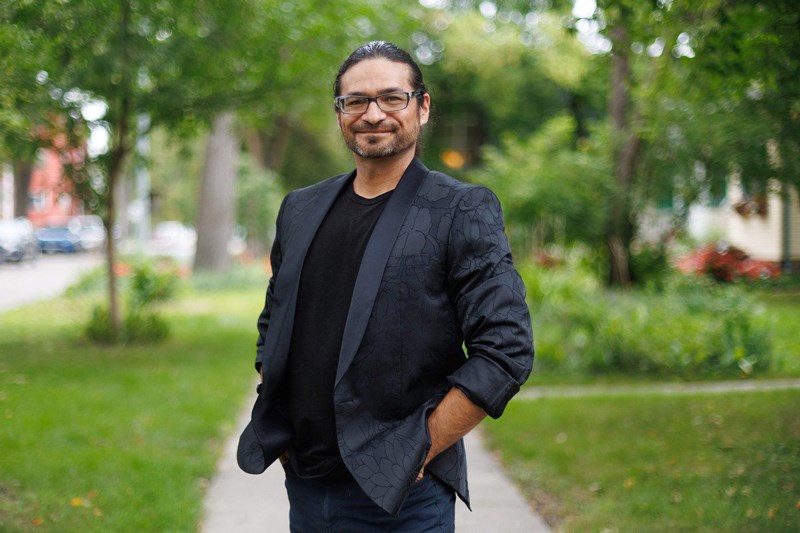Winnipeg teachers could temporarily relocate to a First Nation school without losing their permanent job, seniority or benefits if city school boards enter secondment agreements with a charity that helps northern communities staff classrooms.
Teach For Canada — Gakinaamaage has been meeting with local education leaders in recent months to expand the national organization’s outreach and fulfil its mandate to help band council-run schools recruit and retain employees.
“It ultimately impacts the children. They can’t become engaged if they don’t have enough teachers or if there’s a revolving door of teachers throughout the year,” said executive director Ken Sanderson.
Manitoba’s four-year high school graduation rate was 83 per cent in 2021-22. Among Indigenous teenagers, the graduation rate was just over 50 per cent.
Sanderson, who is currently based in Winnipeg, said he is leading an “all-hands-on-deck” approach to bolster staffing levels with a goal of increasing the number of students who obtain a Grade 12 diploma.
The multi-pronged strategy includes partnering with teachers colleges to promote northern practicum placements, tapping Indigenous educational assistants who want to be mentored and certified to deliver lessons, and searching for candidates at job fairs and by creating secondment opportunities.
Instead of requiring a teacher to take a leave of absence to participate, the charity is seeking school board blessings to come to arrangements that allow a First Nation to reimburse them for borrowing an employee for, ideally, a minimum of two years.
Sanderson wants to set up memorandums of understanding that encompass callouts to teachers interested in working in the north, cultural and preparatory training for successful candidates, and status-quo payments to teachers.
Seven Oaks and Winnipeg administrators are in talks about establishing teacher reassignment frameworks with Gakinaamaage (“one who teaches” in Anishinaabemowin).
“We’re happy to work with them and see if we can work out ways for our teachers to gain some real experience in First Nations,” said Brian O’Leary, superintendent of Seven Oaks. “We are flexible and so are they.”
Communications officer Radean Carter confirmed the Winnipeg School Division is working on a partnership with the organization and would be able to provide more information at a later date.
Since the charity’s 2015 inception, it has matched more than 400 teachers with classroom openings across Manitoba, northern Ontario, Saskatchewan and Alberta.
“It’s actually a mutually beneficial program. It’s a kind of experience that you just can’t replicate with a one- or two-day workshop,” Sanderson said.
The executive director noted communities gain talented teachers while professionals themselves learn new skills and how to better practice reconciliation in the city.
The program’s retention rate ranges from 80 to 100 per cent annually. Sanderson attributed its success to wraparound support — from mental health assistance to peer-support networks — provided to teachers ahead of their placement and throughout it.
Gakinaamaage’s seven community partners in Manitoba are God’s Lake Narrows, Northlands Denesuline, Red Sucker Lake, Sagkeeng, Sayisi Dene, St. Theresa Point, and Nelson House.
The non-profit saves school leaders time by finding and screening interested candidates and compiling resumés, lesson plans and other relevant profile information into an online database.
Ahead of the coming school year, Nelson House is welcoming five new teachers via the recruitment and training program.
About 75 per cent of all elementary and high school employees are from outside the community, located about 850 kilometres north of Winnipeg. Many recruits are new graduates seeking early career experience.
“(Students) are used to some turnover so your first year, they have a hard time trusting you. The next year, things run a lot more smoothly,” said Nic Campbell, who oversees Nisichawayasi Nehetho Culture and Education Authority.
While acknowledging there can be some culture shock among newcomers, Campbell said a signing bonus and countless outdoor activities are selling points to move up north, even if only on a temporary basis.
“We pay community members to take our staff out on the weekend, just to get involved in moose hunting, fishing, medicine-picking, berry picking, going out on the water,” he said.




